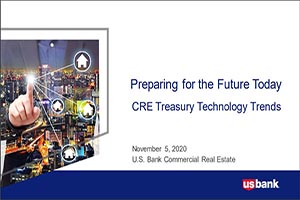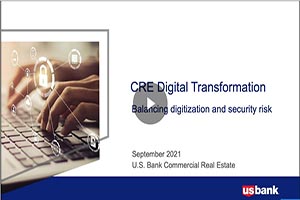Have you ever seen an interesting email in your inbox and thought to yourself, “I’ll read this later?” You have every intention of opening it, eventually, but distractions delay you and newer emails spring to the top of your inbox.
Did you ever get to that email?
Despite the fact that you made a mental note that you wanted to read it, chances are you didn’t. You got distracted by all the other great stuff that landed in your inbox. You were probably also distracted by your Twitter, Facebook and LinkedIn feeds, or that all-important group chat.
We’ve all experienced this. The result? Another lost email opportunity.
But what if that email hit later that evening exactly when you’re checking your inbox? Then maybe you would have read it. And perhaps it could have inspired your next big idea or made you realize that the product in the email could turbocharge your business.
Here’s one simple tip to improve your email marketing.
Email should be about unique reach, not just open rates
My company was setting our marketing goals for our flagship product EasyBib, which included improving key performance metrics such as email opens and click-through rates. When we thought about our ultimate goal — consistent brand reach to as many people possible — we realized there was another KPI we should consider for a benchmark data point in emails: number of unique people reached.
That’s when it hit us: When we receive email, we open based on interest and timing. So what if we started resending emails to those who didn’t open our original one? That person who was distracted by Snapchat when we sent our original email just might see it the second time around. The first time we did this, we immediately increased our overall reach to 54.7 percent more people.
To put this in perspective, all the hours of investment my company dedicated to this content piece and email became 54.7 percent more effective by changing the timing. That’s right: We were able to nurture a healthy 54.7 percent more leads.
We did this by investing less than an hour in sending out a second email to those who didn’t open the first.
Numbers don’t lie
Let’s look at some hard data: We recently sent out an email and a follow-up about an information literacy report. The original was sent to 2,723 people; 579 people opened it — 21.3 percent — and 224 people clicked on the call to action — an 8.2 percent click- through rate. A second email was sent to those who didn’t open the first; 309 people opened this one and 114 people clicked on the call to action.
This means that between both emails, we reached 53.2 percent more people and received 51.1 percent more clicks compared to the first. The number of unique opens between both emails was 32.6 percent.
Are there risks?
One of our biggest concerns is that we’d annoy our email list if they saw the same email twice. We mitigated this by sending it only to those who didn’t open the first email.
Still, there were people who likely saw the original email and deleted it; there was no way for us to know. To address this, we send a second email a week later with minor changes, such as changing the subject line or the placement and colors of the buttons. If we had more time, we’d create a different message in that email altogether.
We were also wary of receiving unsubscribes, especially on the second email. To our pleasant surprise, the unsubscribe rate stayed at our typical rate of .34 percent and no one has complained. This meant that we were likely not annoying our email list at all. As an extra benefit, the second email was another touch point to further qualify our list and get unsubscribes.
However, one major consideration is how this all fits within your big-picture email strategy. You have to balance how many times you reach out to your email list against your business goals, so try to sense if and when a follow-up email is one too many.
What are you waiting for?
If you’re like most marketers, you want to improve your ability to reach your email lists. Sending a well-timed follow-up email to people who don’t open the first one is a simple, quick and effective way to do that. In fact, our GetCourse team is using this strategy with similar success.
While we were at first apprehensive that we’d be abusing our list and potentially hurting our brand, we found comfort in thinking about our own email habits. What if that email you always wanted to read magically appeared at the top of your inbox just when you’re ready to read it?
That’s a true benefit and well worth your effort.
Find more ways to build your business brand.
A version of this post originally appeared in Forbes.





























































































